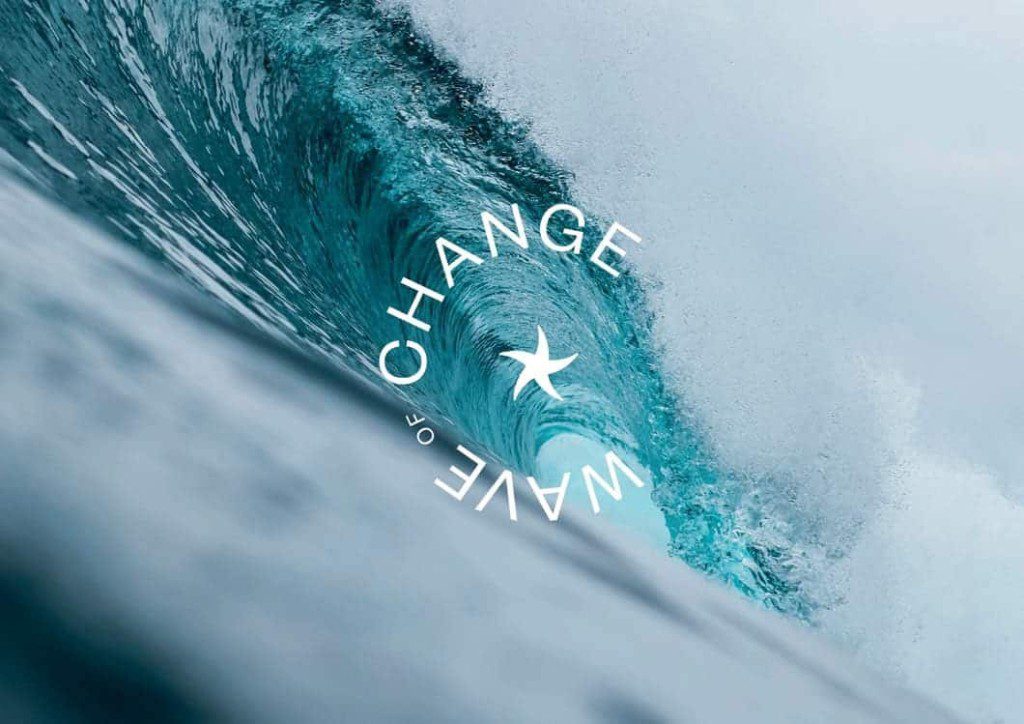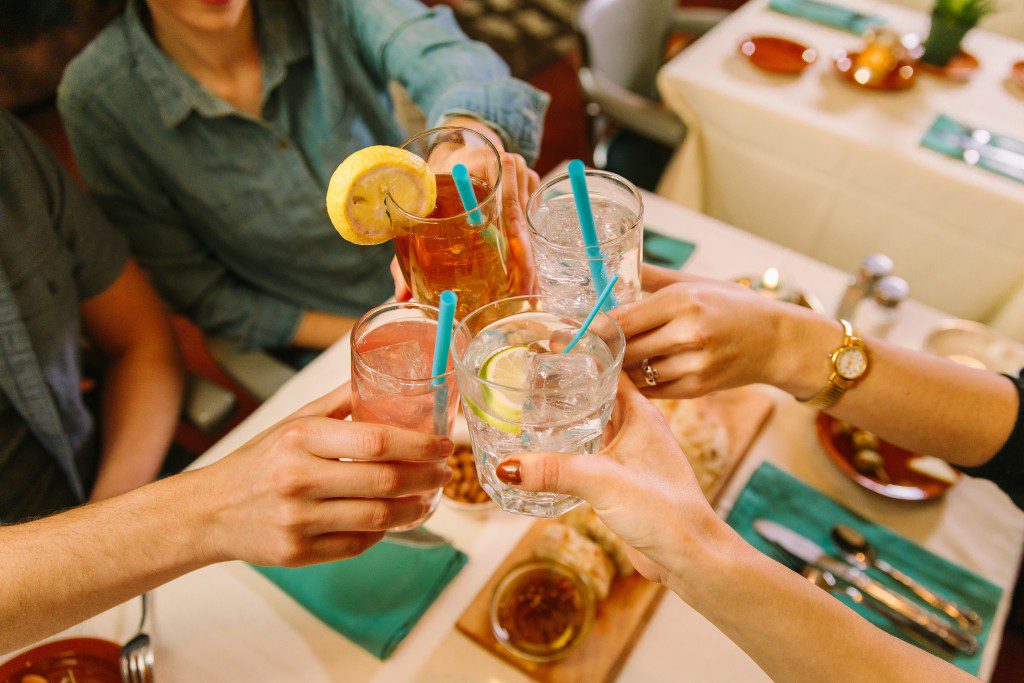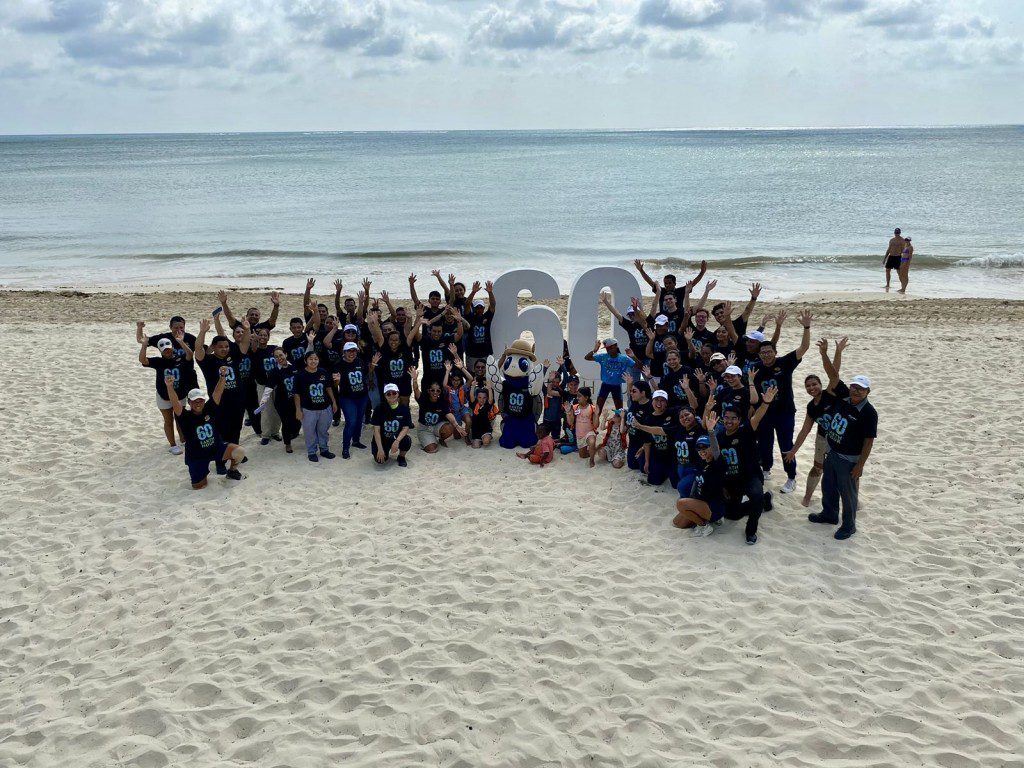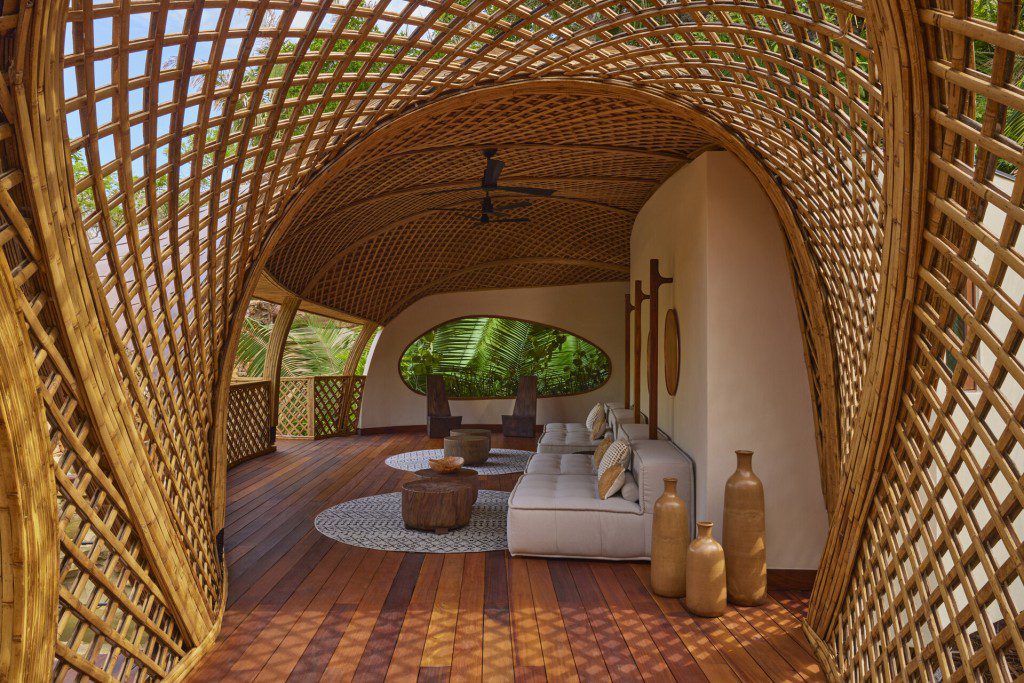News and Insights
Earth Day and Sustainable Tourism: What Key Players in the Travel Industry are doing to Make an Impact
April 22, 2024
Sustainable tourism stretches far and wide in terms of its reach in the tourism industry. According to the UN Environment Program and UN World Tourism Organization, it’s defined as “tourism that takes full account of its current and future economic, social and environmental impacts, addressing the needs of visitors, the industry, the environment and host communities.” Additionally, it refers to the “environmental, economic, and socio-cultural aspects of tourism development, and a suitable balance must be established between these three dimensions to guarantee its long-term sustainability”.
These efforts towards long-term sustainability go both ways in terms of the responsibility of DMOs and tourists. Consumers are increasingly conscious about doing their part for sustainable travel. A worldwide Statista Study polling up to 60,000 people per country in over 55 countries found that 36% of travelers are willing to pay more for sustainable travel.
What are the particular practices of sustainable travel? With growing consumer consciousness, sustainability in tourism touches every corner, spanning beyond saving energy and water resources and going all the way to sourcing local produce, social responsibility, holistically reducing carbon footprints, and so many more initiatives. Sustainability has to become a general mindset and this can take many forms.
In honor of Earth Day 2024: Planet vs. Plastic, we decided to highlight some of the varied initiatives our clients are undertaking to do their part in the effort to make the industry more sustainable.
Iberostar: Working towards waste-free hotels

Iberostar hotels are making waves with plastic reduction, as their hotels are free of single-use plastics and they’ll be waste-free by 2025, avoiding the need to use 692 metric tons of plastic, and bringing them one step closer to carbon neutrality by 2030. They’re also making a maritime impact with their research lab, 5 coral nurseries, 3 mangrove nurseries with 14,4000 trees and 3 coastal dune nurseries.
phade: Making a splash in plastic reduction

phade is shaking up the food and beverage industry with its Marine Biodegradable Straws, which are made of a substrate consisting of canola oil, which helps to eliminate the need for single-use plastics in straws. What makes them stick out from the crowd is the fact that their straws are also being used as a natural, biodegradable barrier to help protect new coral from being eaten by fish and restore coral reefs.
Blue Diamond Resorts: Pitching in

Green Globe Certified Blue Diamond resorts participated in Earth Hour on March 23rd. The event led educational activities for guests, underscoring the importance of environmental stewardship. Guests were also invited to partake in the beach clean-up initiatives, contributing to preserving marine ecosystems and assisting in planting greenery all around the resorts.
Luxury Frontiers: Sourcing Locally

Luxury Frontiers conceptualized and designed Naviva at Four Seasons Punta Mita, their luxury tent accommodation right on the Pacific beachfront, by primarily using bamboo native to Mexico. Bamboo is a material that has a low embodied carbon footprint due to the rapid speed in which it grows and its ability to quickly sequester carbon. In addition, minimal machinery is needed for using bamboo as a construction material and it offers excellent durability, and is ideal for climates with high humidity.
The future of sustainable tourism is vast, but taking responsibility, making collaborative efforts, and taking a holistic approach brings us one step closer to a healthier, functioning planet.
-
TAGS:
- Environment
- ,
- Travel & Tourism